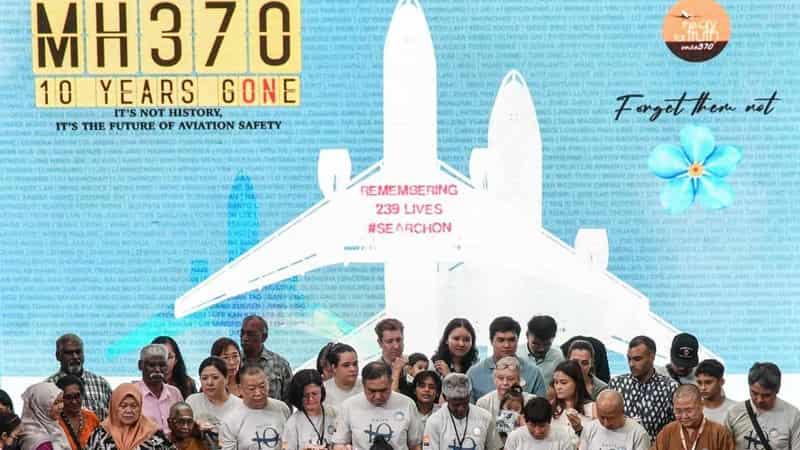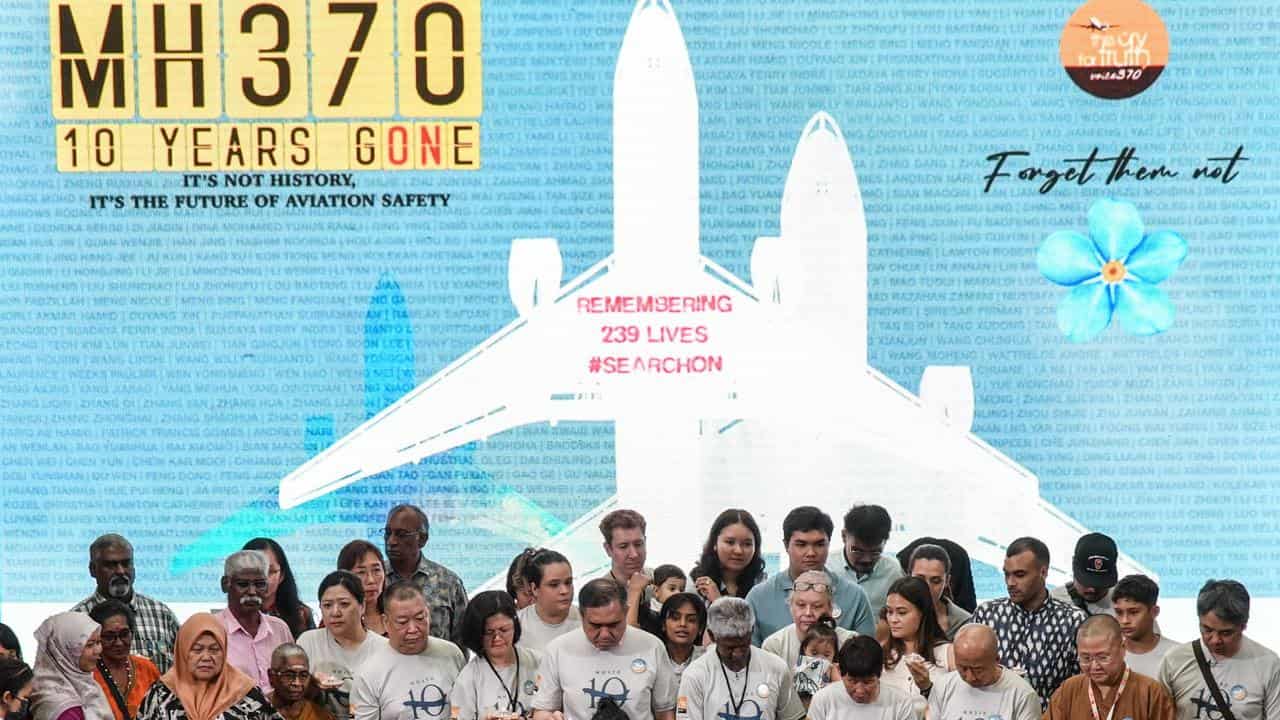
The prospect of another search for missing flight MH370 has given the families of hundreds of passengers and a dozen crew new hope for closure.
But despite technological breakthroughs in the decade since the Malaysian Airlines plane crashed somewhere in the vast southern reaches of the Indian Ocean, there are risks of giving false expectation to the grieving.
The passenger jet was carrying 239 people, including six Australian citizens and a New Zealander who was a resident of Western Australia.
It vanished from radar en route to Beijing from Kuala Lumpur on March 8, 2014 for reasons never determined.
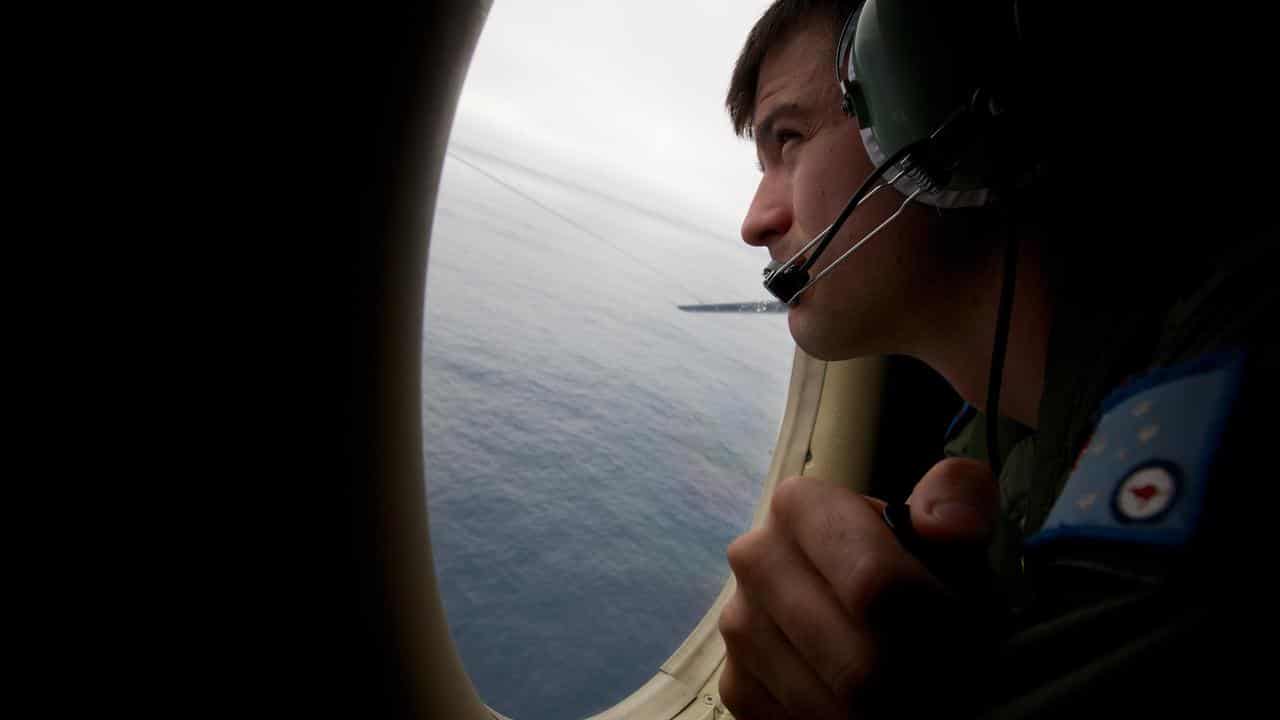
"Initially, when Australia took responsibility for the search, it was pretty intense," according to maritime security expert Jennifer Parker who oversaw the operation.
"You knew it was going to be a needle in a haystack."
The problem was the immense area of ocean and race against the clock to find the black box containing vital clues to why the crash happened, she said.
It only sent out a high-frequency ping for about 30 days.
"At that time, we didn't have the equipment to find a plane at that depth," Ms Parker said.
That and the fact much of the Indian Ocean remained uncharted beneath the surface meant the chances of finding it were slim.
The majority of the plane would have broken up straight away.
"It was hard, there were a lot of false starts. The message came through and they thought they had something and it turned out to be nothing", Ms Parker said.
"I feel for the families and the sailors who were out there; the weather was disgusting and it was low visibility and they were still out there.
"It was about sending a message to the families we were still looking."
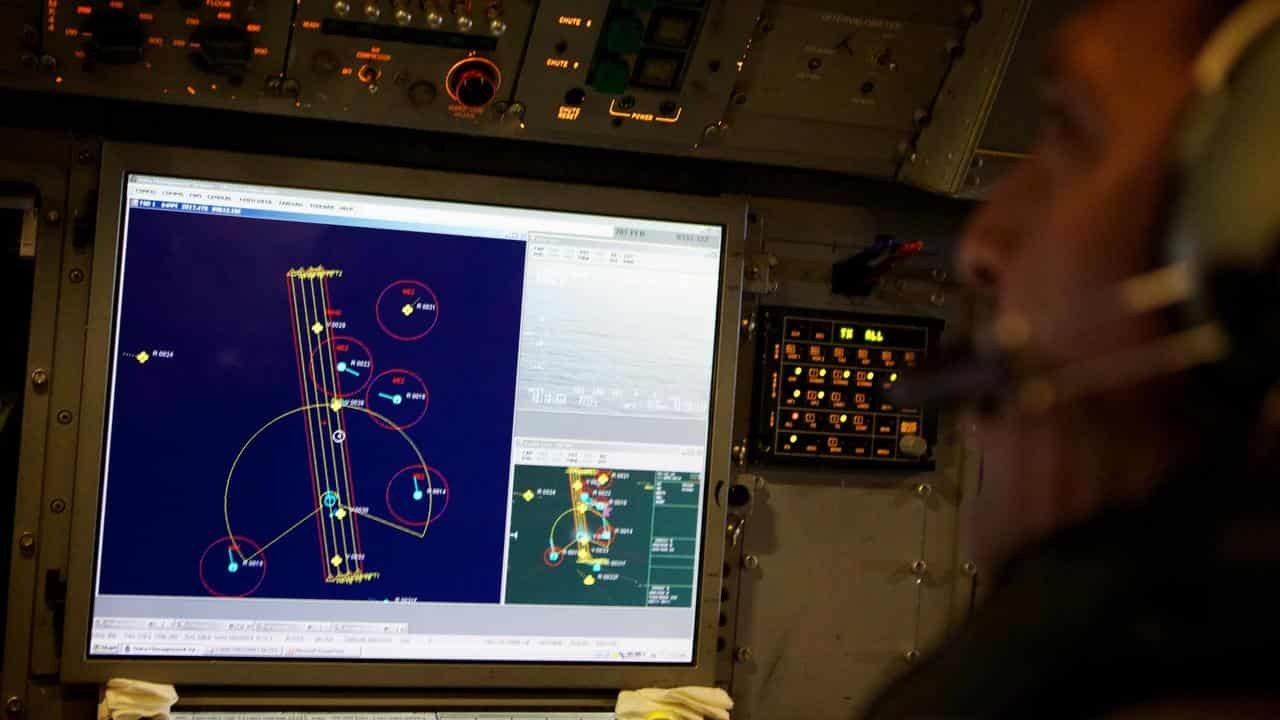
American company Ocean Infinity resumed a search of the seabed in 2018 but found nothing.
It has offered to look again but the Malaysian government has requested new evidence before agreeing to another effort.
"If there’s a compelling case, evidence that (it) needs to be reopened, we will certainly be happy to reopen," Prime Minister Anwar Ibrahim said while in Australia for the ASEAN summit.
"It is (an) issue affecting lives of people and whatever needs to be done, must be done."
The Malaysian government was right to ask for proof something had changed to avoid giving families false hope, Ms Parker said.
"If there is no more evidence there's probably no point but that's a hard point.
"If you had a family member on the plane, you'd probably have a different view and want the search to continue."
Hundreds of relatives and supporters gathered in Malaysia on Sunday to remember the victims of the flight a decade on.
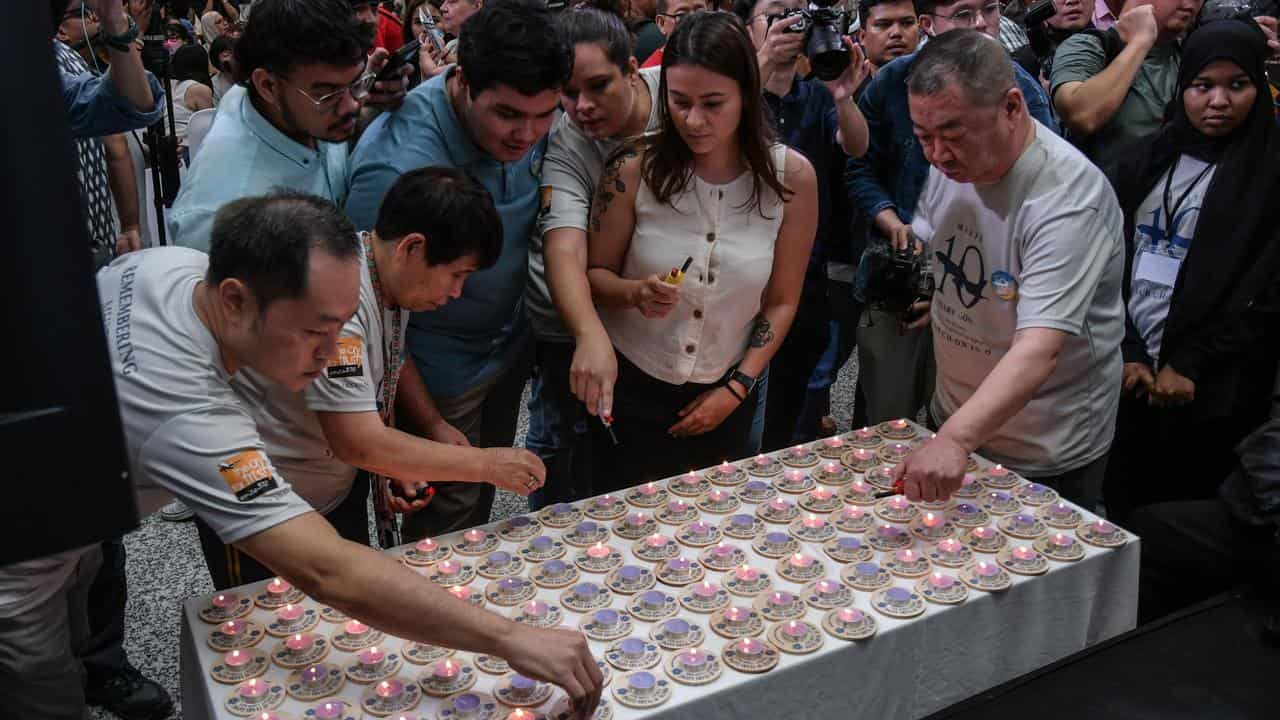
A candle was lit for each person lost in the flight.
"The only way to solve this mystery is to find the plane," Jacquita Gonzales, whose husband was on board, said.
"That's why it is important to search on, don't let it remain a mystery."
It was regrettable the aircraft hadn't been found, Australian Prime Minister Anthony Albanese said.
"We acknowledge at this time the ongoing grief for loved ones," he said alongside Mr Ibrahim in Melbourne.
"We understand that at this time, it will be a very difficult time for people because they are not given the certainty that would come with a successful search mission."
